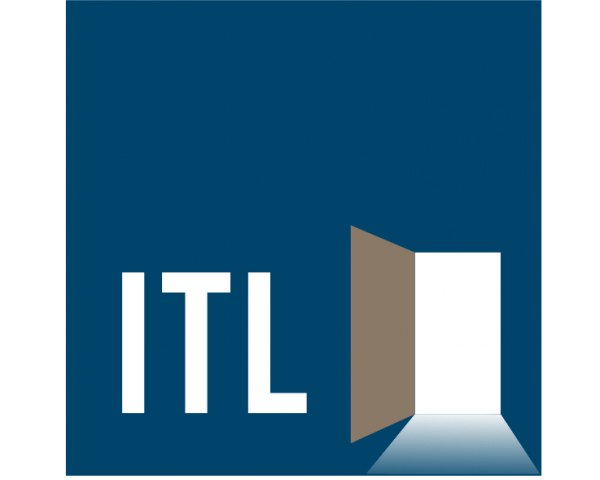
 |
Diversity, equity and inclusion (DEI) has been a point of emphasis in the corporate world, including insurance, for years now, but we still have a very long way to go. As a for-instance: Just six of the CEOs of Fortune 500 companies in 2022 were Black. Only 53 were women -- and that's actually a record high, marking the first time women have occupied more than 10% of the top spots. To understand more about how far we've come and how far we have to go, ITL Editor-in-Chief Paul Carroll posed some questions to Amy Cole-Smith, Director of Diversity at The Institutes. |
ITL:
DEI, at least in my mind, traces its roots at least back to the 1960s but has been picking up steam over the past decade-plus in the business world as companies hold themselves more accountable and report on their progress. How are we doing? How much progress has been made?
Amy Cole-Smith:
I believe that the early stages of DEI can be traced back a little bit further, to the 1940s, with President Roosevelt’s executive order that banned discrimination based on race, color and national origin within the federal government. With that being said, I do believe that a lot of progress has been made, but we could still be a bit further along than we currently are. In 2023, it is strange to me that we are still experiencing “firsts” such as the first woman to achieve a goal or the first African American to become a CEO of a company that has been around for 100 years.
ITL:
How much further do you think we have to go, and can we get there in the next decade or so?
Cole-Smith:
We do have quite a ways to go, but I think that the situation can only get better in time. It's refreshing to see potential and current employees, as well as younger generations, hold a lot of these businesses accountable when they claim that DEI is a part of their core and current strategy. Hopefully, this accountability can bring about major change to current policies and practices within the next decade or so.
ITL:
How is the insurance world doing, in comparison with the rest of the corporate world?
Cole-Smith:
I’ve only been in the insurance world for 1 1/2 years, but from what I have seen so far, the industry seems to really see the importance of DEI. The industry has acknowledged the huge talent gap, and to see the industry working to get more diverse talent into the seats is refreshing. While getting the talent in the seats is important, we must also remember the importance of representation at the top. It's always good to see someone who looks like you at the top, as I believe that aids in retention; specifically with diverse talent.
ITL:
As someone who's covered business for a long time and seen how slim a difference there can be between success and failure for a product or service, I've thought it obvious that there are great benefits to be had from introducing a wide variety of perspectives into decision making. But I wonder if you could offer a few examples from your experience that would illustrate the benefits.
Cole-Smith:
I believe that having a diverse perspective has so many benefits. It allows one to think about matters from the eyes and experiences of someone else. One example that comes to mind was at a past position where my team and I were deciding on colors for a new logo. Once we finalized our decision, we were all set to go with our design, and our internal/external stakeholders were onboard. Then a colleague, who wasn’t on the design team, pulled me aside and suggested that we do a test run with a group who were colorblind. I honestly would have never thought of the idea had she not said anything. Due to her efforts, we ended up changing the color scheme for the logos so that it would be more colorblind-friendly.
ITL:
What a great example.
Thanks, Amy.







